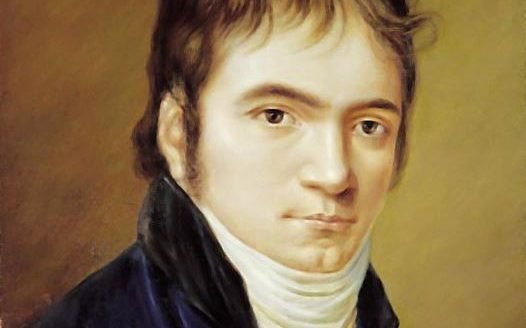
Beethoven Op. 18, No. 5: An Introduction
In the late 18th century, the string quartet emerged as a pinnacle of musical expression for composers. Beethoven, inspired by the masterpieces of Haydn and Mozart, set out to craft his own distinctive voice within the genre. In this post, we introduce Beethoven's String Quartet in A major, Op. 18, No. 5, exploring its historical context and the influences of Mozart. Read more to discover how this remarkable work pays homage to the greats while signaling Beethoven's innovative spirit, setting the stage for his revolutionary contributions to classical music.

Mozart’s Quartet K. 464: Introduction
Explore how inspiration shaped Mozart’s String Quartet K. 464, a masterpiece born from his admiration for Joseph Haydn. In this blog, we delve into the story of how Haydn’s groundbreaking Op. 33 Quartets spurred Mozart to create his own set of six quartets, culminating in the elegant and masterful K. 464. This work not only honours Mozart’s friendship with Haydn but also inspired Beethoven, leaving a lasting legacy in the chamber music literature.

Alexander Borodin
Alexander Borodin, born in 1833 in Saint Petersburg, was a renowned doctor and chemist, as well as a notable composer. A member of “The Five,” alongside Balakirev, Cui, Mussorgsky, and Rimsky-Korsakov, he aimed to create a distinctly Russian musical style. His Second Quartet, composed in 1881 and dedicated to his wife Ekaterina Protopopova, is celebrated for its beautiful themes, lively scherzo, and emotionally rich Notturno. The quartet concludes with a vibrant and inventive finale, reflecting Borodin’s unique blend of affection and musical innovation.

Ravel’s String Quartet
Learn about Ravel’s life and the story of his beautifully colourful string quartet.

Passion and expression
The second movement of Beethoven’s Quartet in F major transports us to another world. We are no longer in sunny F major; we are in a dark and tumultuous D minor. With is mournful melodies, impassioned outbursts, and deafening silences, Beethoven explores tragedy, loss, and terror in this excellent early example of emotional exploration in music.

Beethoven’s First Quartet
In 1787, at the age of 17, Ludwig van Beethoven left his native Bonn, Germany to travel to the musical epicentre of the world: Vienna. In going there, he had intended to study with Wolfgang Amadeus Mozart. Unfortunately, Beethoven’s Viennese séjour was cut short to only two weeks when he was abruptly called back home because of his mother’s death. Before he could return to Vienna a few years later, Mozart had met his untimely demise.

